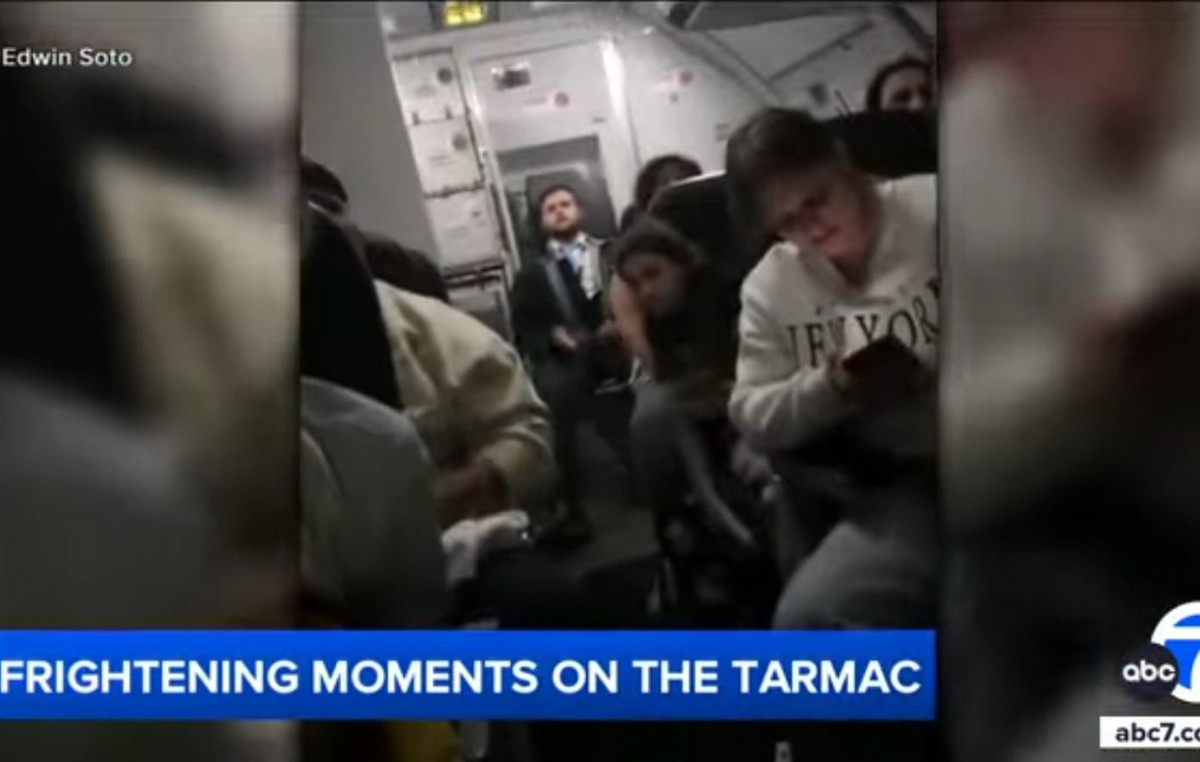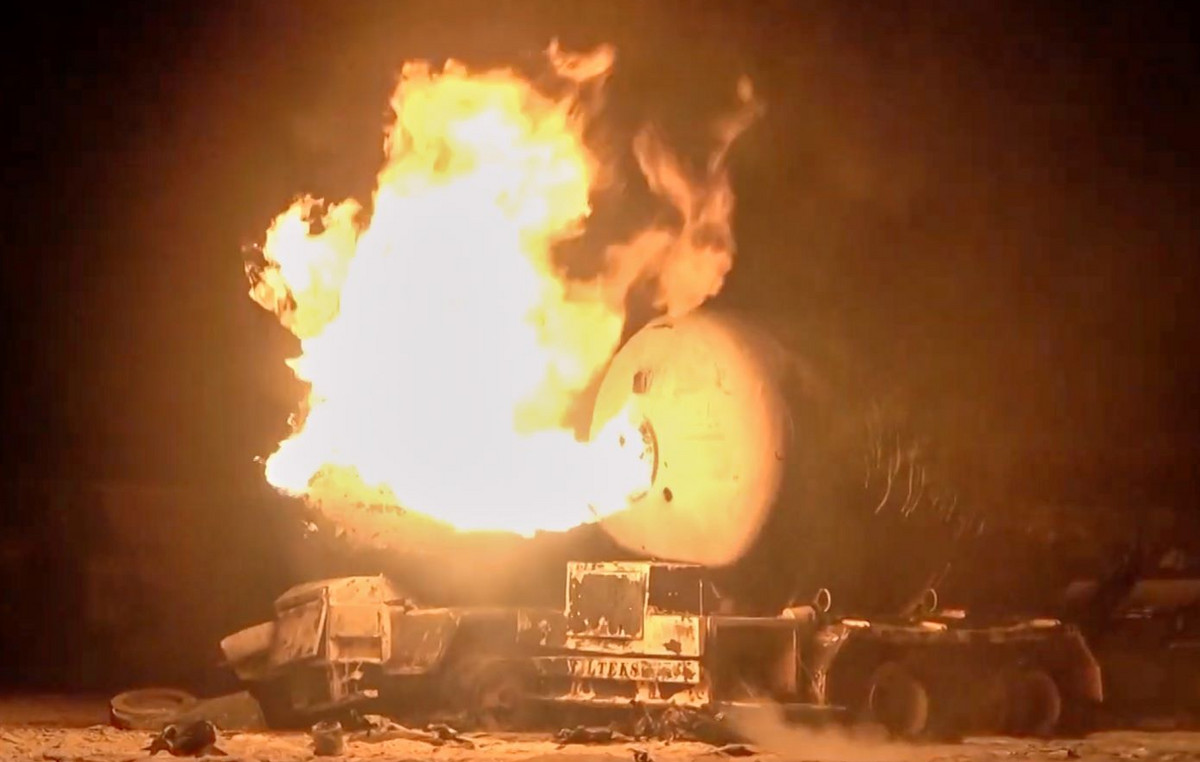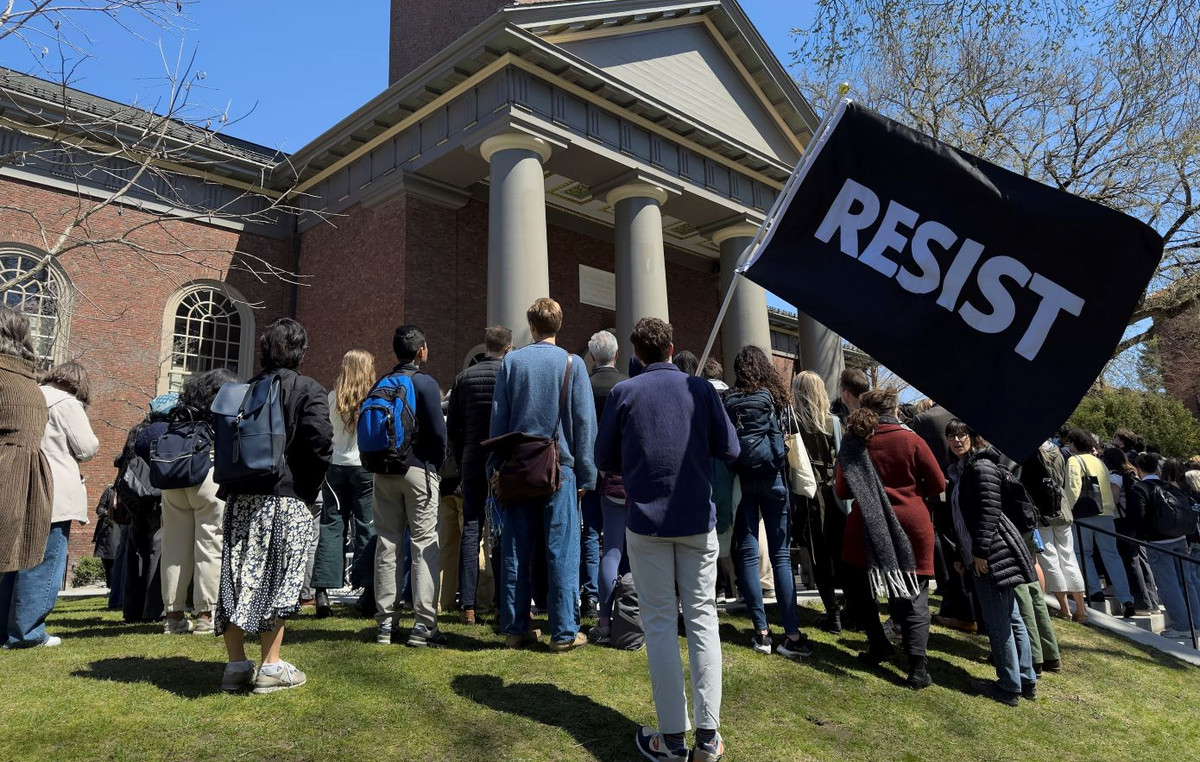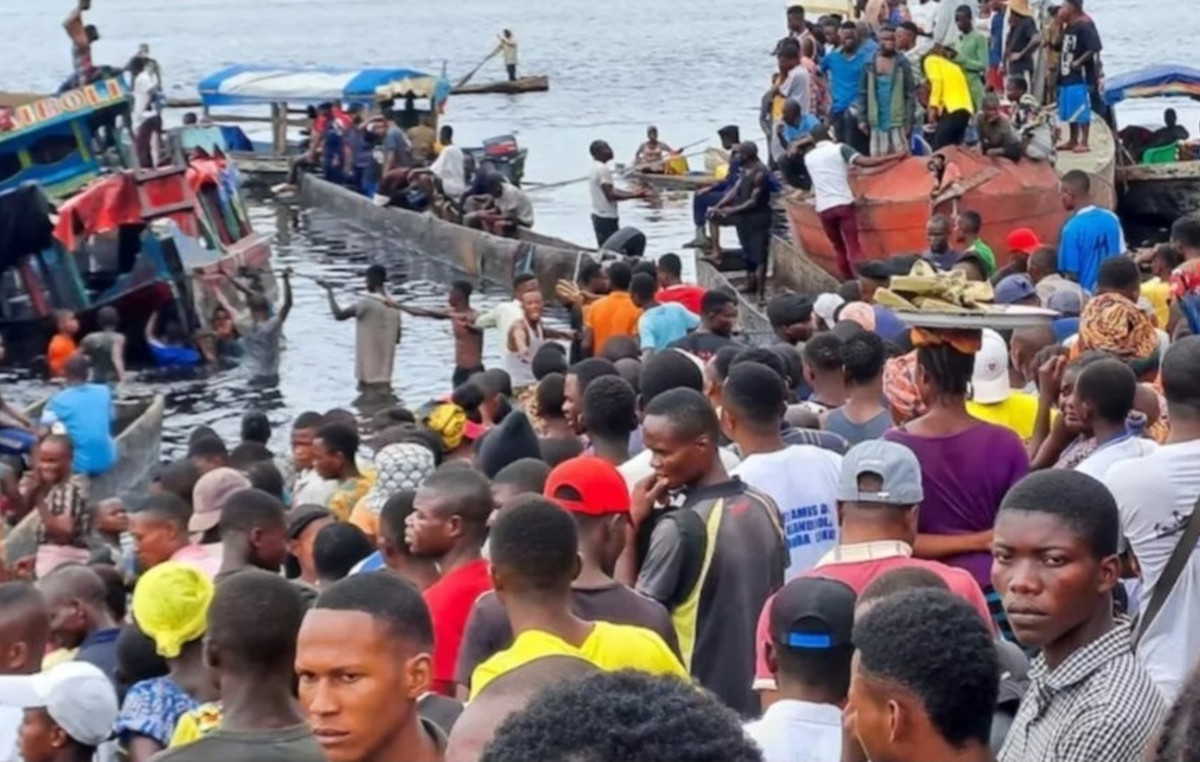Israel and Iran-backed Lebanese Islamic group Hezbollah have stepped up attacks on each other after months of low-intensity fighting, prompting the Israeli military to warn this week that it is prepared to launch a full-scale assault on its northern border.
With both sides exchanging fire for more than eight months, experts say Israel feels it can no longer ignore its northern front or delay taking action there.
An all-out war appears to have become more likely – even if both sides do not want the conflict to escalate, analysts believe.
Here’s what we know:
Why are Israel and Hezbollah at war?
Lebanon and Israel have officially been in a state of war for decades. Israel launched a devastating invasion of Lebanon in 1982, sending tanks into the capital, Beirut, after it was attacked by Palestinian militants in the country. The country then occupied southern Lebanon for 22 years, until it was expelled by Hezbollah in 2000. In Lebanon, Hezbollah is officially considered a “resistance” group tasked with confronting Israel, which Beirut classifies as an enemy state. Much of the Western world has designated Hezbollah as a terrorist organization.
Since then, the two sides have exchanged fire sporadically, but tensions rose in 2006 when Israel went to war in southern Lebanon after Hezbollah abducted two Israeli soldiers. More than 1,000 Lebanese were killed in that conflict, most of them civilians, as well as 49 Israeli civilians and 121 soldiers. Two years later, Hezbollah returned the remains of the abducted soldiers in exchange for the release of Lebanese and Palestinian prisoners in Israeli prisons, as well as the bodies of militants Israel held.
The latest hostilities between Israel and Hezbollah began after Hamas led an attack on Israel on October 7, killing 1,200 people and kidnapping 250, according to Israeli authorities. This led Israel to go to war with Hamas in Gaza, which caused destruction across much of the territory and killed more than 36,000 Palestinians. Hezbollah has said its current round of fighting with Israel is aimed at supporting Palestinians in Gaza.
The Lebanese group’s military capability has grown since 2006, when it relied largely on inaccurate Soviet-era Katyusha rockets. Today, Hezbollah leader Hassan Nasrallah says his group has more than 100,000 fighters and reservists. The group is also believed to possess 150,000 rockets that could overwhelm Israel’s defenses if an all-out war breaks out.
Why are tensions rising now?
The conflict between Israel and Hezbollah has gradually intensified since October 8, said Heiko Wimmen, project director for Iraq, Syria and Lebanon at the International Crisis Group, a Brussels-based think tank. It’s a “slow-motion escalation” that “slowly escalates,” he said.
But both sides have moved closer to war lately as cross-border clashes have increased in number and scale. “There is clearly an escalation,” Wimmen said, particularly in terms of deaths on each side of the border and the type of weaponry Hezbollah has used.
An Israeli reservist was killed in a Hezbollah attack on a village in northern Israel on Wednesday (5), bringing the total number of soldiers killed on the Israeli side to 19.
Israel and Hezbollah have also struck much deeper into each other’s territory than at the start of the war, when fighting was confined to a radius of about 4 kilometers from both sides’ borders.
Hezbollah fired on areas of Israel that were 35 kilometers from the border, while Israel attacked areas of Lebanon more than 120 kilometers to the north.
Lebanon’s attacks this week led to massive fires raging across Israel’s north, which Israel blamed on rocket fire from southern Lebanon, where Hezbollah said it launched a “swarm of drones” at Israeli military installations.
On Wednesday (5), Hezbollah said it had targeted the Israeli Iron Dome defense system in the northern village of Ramot Naftali using a guided missile. Israel Defense Forces spokesman Lieutenant Colonel Peter Lerner said at a briefing on Thursday (6): “I cannot confirm this at this time. I cannot confirm whether this happened.”
Amal Saad, a professor at Cardiff University and an expert on Hezbollah, said the group’s escalation “is a milestone in relation to previous outbreaks that have occurred since October 8”.
“This phase transcends the mere response to Israeli attacks and the restoration of deterrence; it involves conveying new messages and strategies,” Saad wrote in X.
The conflict has become “very visible” and “difficult to ignore,” said Wimmen of the International Crisis Group, adding that Israeli authorities feel compelled to respond, or at least give the impression that they have responded, amid to pressure from far-right ministers who make up Prime Minister Benjamin Netanyahu’s government.
There is a push within the Israeli government and army to act in the north, Ronni Shaked, a researcher at the Truman Institute at the Hebrew University of Jerusalem, told CNN . “No one can live in this situation.”
What are both sides saying?
The rhetoric has been blunt from both sides, but experts say neither wants an all-out conflict.
Netanyahu warned in December that Beirut would turn into Gaza if Hezbollah decided to start an all-out war.
But Finance Minister Bezalel Smotrich this week poured cold water on the prospect of a wider war, saying the IDF is not interested in expanding the war to eliminate Hezbollah. The military says “at this moment it does not want to… launch an attack in the north, fight and defeat Hezbollah, subdue it and create a safe zone.”
During his visit to the northern city of Kiryat Shmona, near the border with Lebanon, on Wednesday (5), Netanyahu said Israel was prepared for “very intense action” in the north.
“Anyone who thinks they can harm us and that we will sit idly by is making a big mistake,” said the prime minister. “One way or another, we will restore security in the north.”
Naim Qassem, Hezbollah’s second-in-command, told Al Jazeera on Tuesday (4) that the group assessed that Israel’s recent threats were not serious.
“In any case, we decided not to expand the battle and we do not want an all-out war. But if it is imposed on us, we are ready and will not back down,” Qassem said, adding that Hezbollah will end its attacks on Israel as soon as the war in Gaza ends.
Is an all-out war likely?
Experts say that although both sides may not choose to start an all-out war, their actions can still trigger a war, even if they do not intend to.
Wimmen of the International Crisis Group said it was unlikely that Israel and Hezbollah would make a conscious decision to start a war. However, the more intense the conflict becomes, the deeper each side attacks into the other’s territory and the heavier the weapons used, the greater the likelihood that “something bad will occur,” he said.
Netanyahu is under intense pressure from the opposition and members of his coalition to take action in the north, especially given that so many Israelis have been displaced from the area.
More than 53,000 Israelis have been forced from their homes in the north, the IDF said. In Lebanon, more than 94,000 people have been displaced from areas and cities close to the border with Israel since the start of the conflict, according to data released Tuesday by the Lebanese Ministry of Public Health.
“All Hezbollah strongholds must be burned and destroyed. War!” said far-right Israeli National Security Minister Itamar Ben Gvir in a statement this week.
Opposition leader Yair Lapid also criticized the government, saying: “The north burns in flames and Israeli deterrence burns with it.”
“The government has no plan for the next day in Gaza, no plan to return residents to the north, no management, no strategy. A government of total abandonment”, said Lapid on X.
The US has warned against escalation, fearing it could spiral out of control. State Department spokesman Matthew Miller said Wednesday that the United States is “incredibly concerned” about the risk of escalation, adding that the Biden administration is engaged in diplomatic talks “to try to prevent the conflict from escalating. worsens beyond control.”
Shaked, the Truman Institute scholar, said that despite Hezbollah’s claims that its attacks on Israel are in support of Gaza, the group’s strategy will likely be closely coordinated with its closest ally, Iran — especially with so much at stake.
Source: CNN Brasil
Bruce Belcher is a seasoned author with over 5 years of experience in world news. He writes for online news websites and provides in-depth analysis on the world stock market. Bruce is known for his insightful perspectives and commitment to keeping the public informed.







